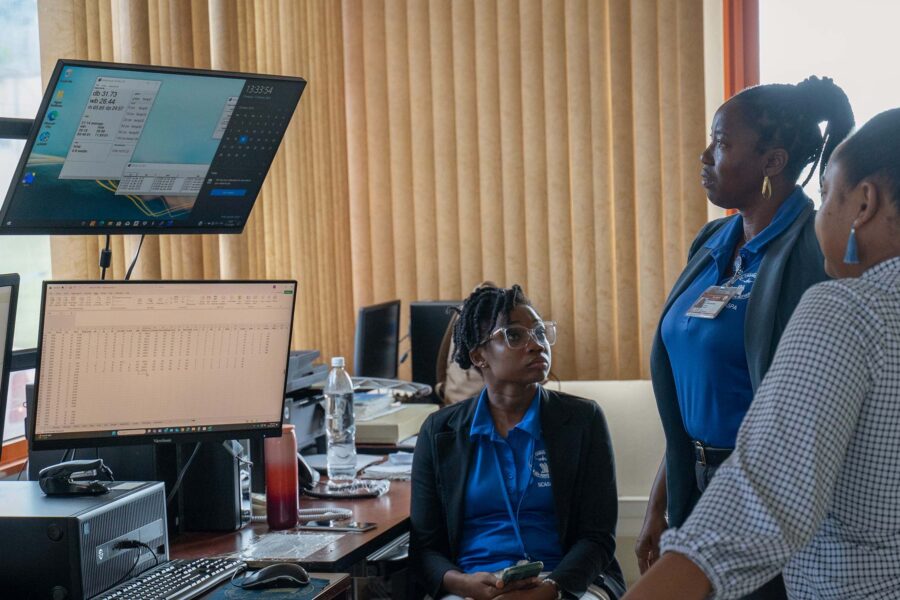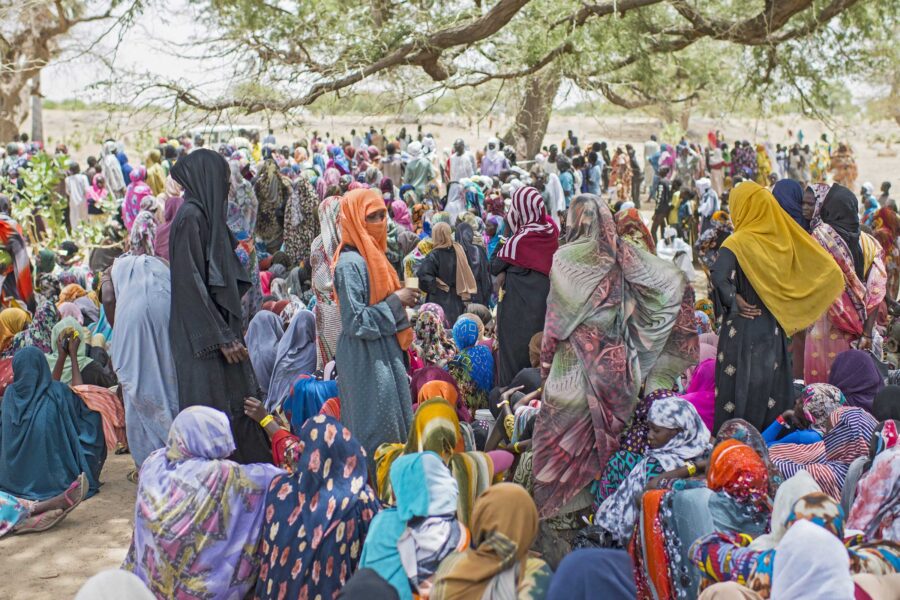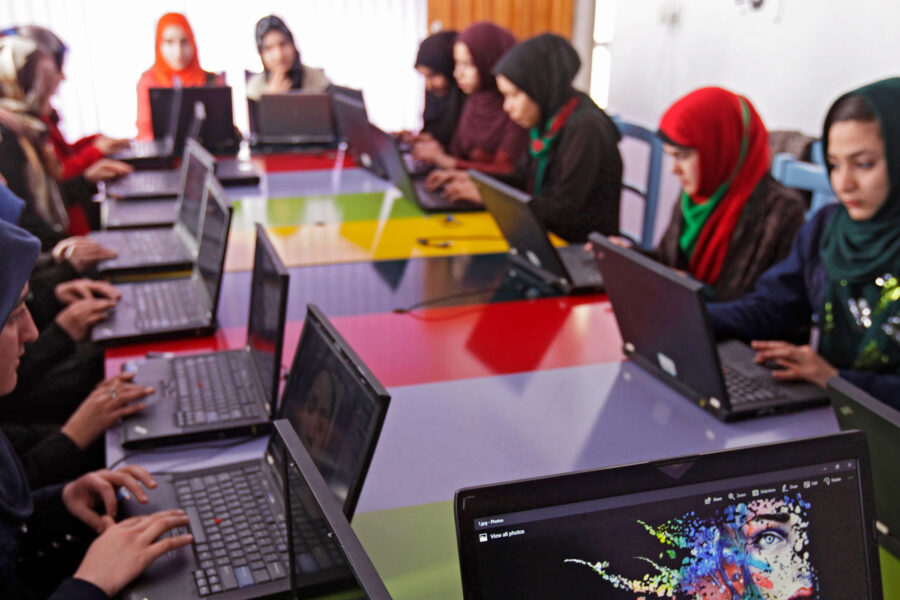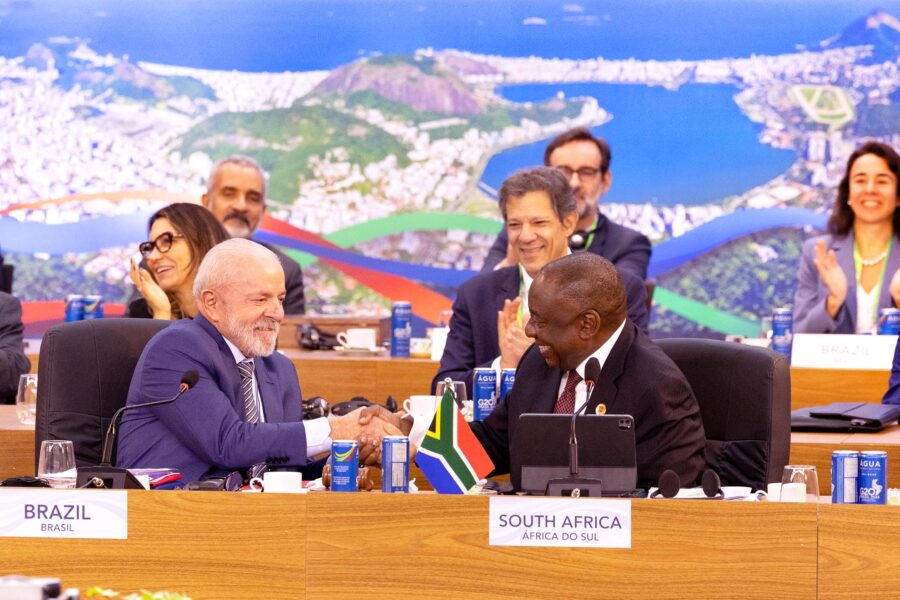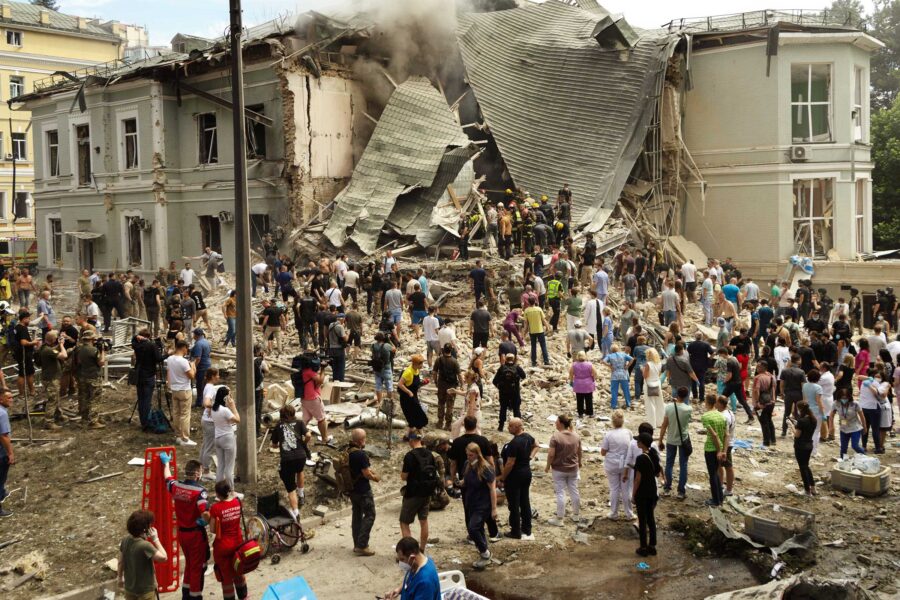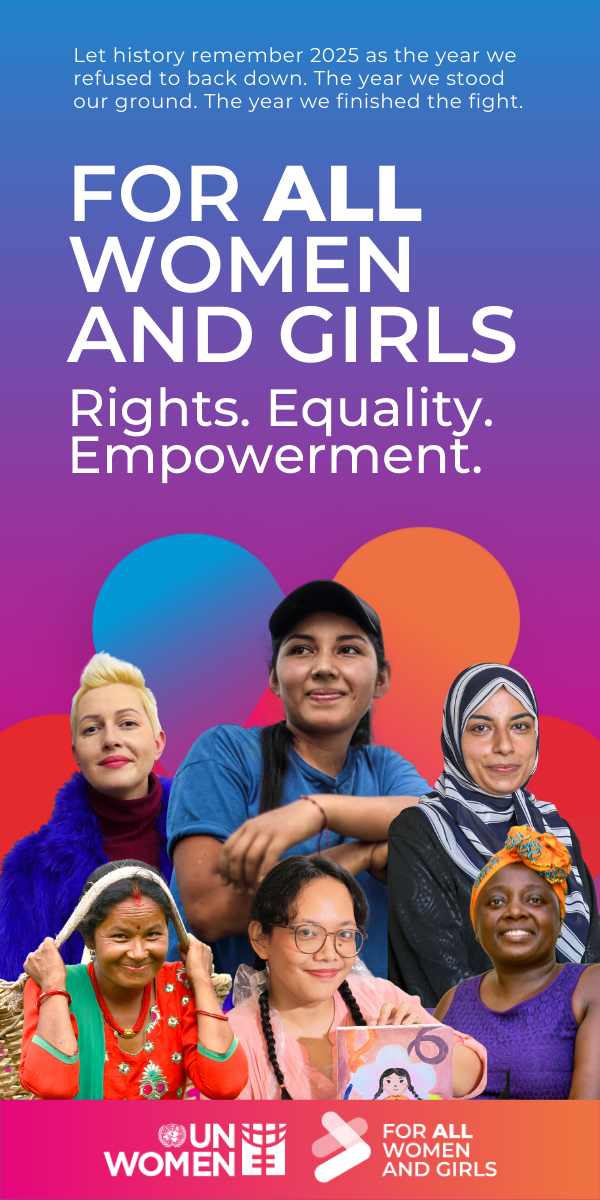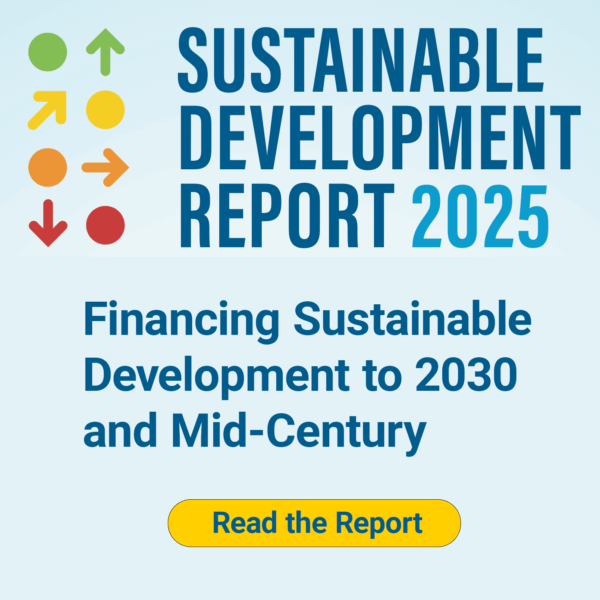Bridging the divide: using technology and AI to close the development gap
Data and monitoring
Digital innovation can drive progress toward the SDGs – yet the countries that stand to gain the most often face the highest barriers to adoption. We need a more inclusive model of technology transfer to close, not widen, the global development gap

